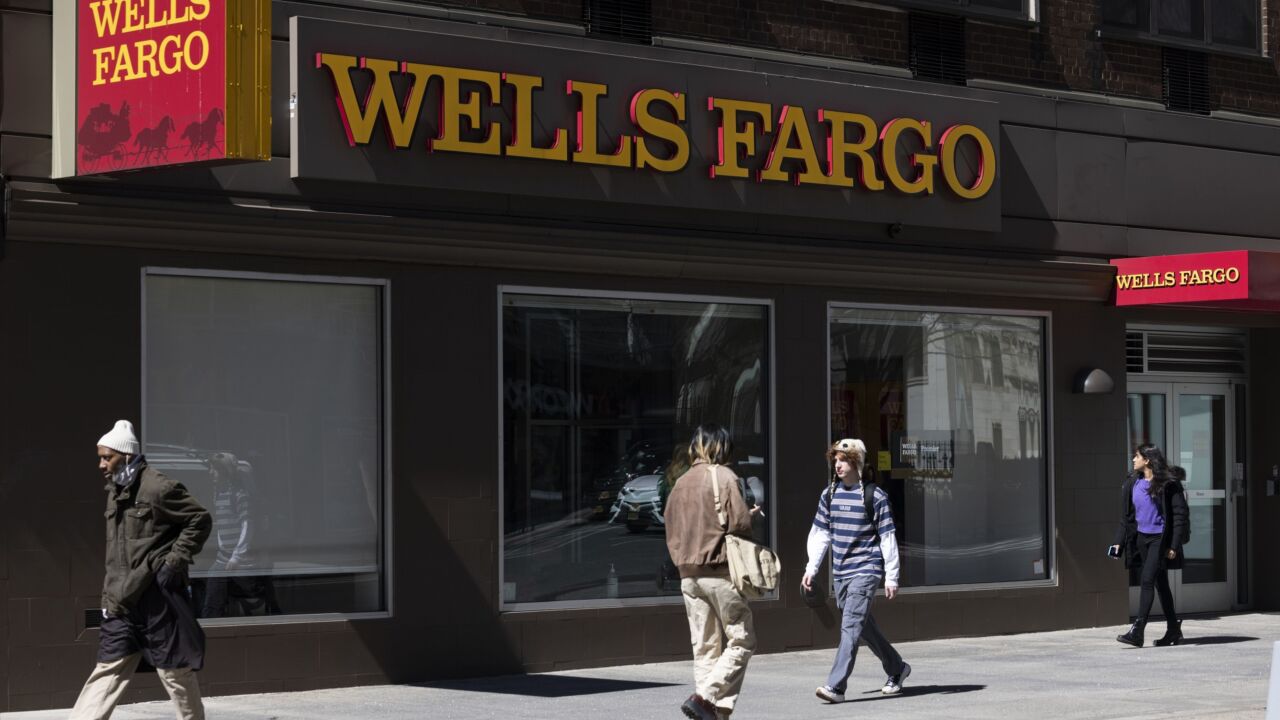
Home foreclosures, bottled up for the last few months, could soon explode.
A moratorium that Fannie Mae and Freddie Mac put on foreclosure sales and evictions by their servicers in late November is scheduled to expire next week. Freddie had 5,000 to 6,000 loans headed for foreclosure before the freeze, though some might receive streamlined modifications. Fannie said it had contacted more than 10,000 borrowers and renters before the freeze about the possibility of a property heading for foreclosure.
Moreover, many more option adjustable-rate mortgages are expected to begin "recasting" in the coming months. Since the borrowers will be required to make fully amortizing payments, rather than minimum ones that do not cover interest, their monthly bills will jump, increasing the risk of default.
And rising unemployment cannot help matters for any type of mortgage.
According to First American CoreLogic Inc., 847 alternative-A option ARMs nationwide were recast last month. The data firm expects that figure to reach 1,600 in March — and climb steadily to 11,700 by December.
"There probably will be two more waves of foreclosures coming," said Mark Carrington, the director of analytical sales and support at the unit of First American Corp. of Santa Ana, Calif.
"When the foreclosure moratoriums end, we'll see one wave of foreclosures," he said, and "2009 is going to be the start of the ramp-up of the option ARM loans facing foreclosure."
Such forecasts assume no increase in government intervention, though an increase has become a much bigger possibility under the new administration. For example, legislation that would let bankruptcy judges rewrite mortgage terms — helping the borrower to avoid foreclosure — is making its way through Congress. (See
In addition, major lenders such as JPMorgan Chase & Co., Wells Fargo & Co., and Bank of America Corp. have announced stepped-up modification efforts; the very reason for the government-sponsored enterprises' moratorium was to give servicers time to adopt new modification procedures.
But all other things being equal, the next few months could bring the end of a reprieve.
"Virtually everywhere we've seen moratoriums, there is a run-up in foreclosure activity, then a huge drop-off, and a spike back up when the moratorium is over," said Rick Sharga, a senior vice president at RealtyTrac Inc. in Irvine, Calif.
For example, he said, a law that took effect in California in September has "made it look like foreclosures were settling down." It requires lenders to contact a delinquent borrower and wait at least 30 days before sending a default notice — the first step in the foreclosure process.
Many servicers waited as long as 90 days to initiate default proceedings, Mr. Sharga said, so some of those foreclosures are only now coming on to the market. "This is masking and causing all of us to understate the severity of the problem."
As of June 30, Fannie and Freddie owned or guaranteed 373,000 delinquent loans.
Freddie had 151,515 "seriously delinquent" mortgages — meaning they were 90 days or more past due — as of Sept. 30.
Other changes made by the GSEs last year stretched out the foreclosure process and removed incentives for servicers to foreclose quickly.
For example, Freddie stretched its foreclosure time line in 21 states, including California, to 300 days from a borrower's last payment and 150 days from the initiation of foreclosure.
"Right now, between moratoriums that were enacted last year and the pure volume of foreclosures, time lines could be double the standard of a year ago," said John Anderson, an executive vice president at Clayton Services Inc. in Shelton, Conn., which owns Quantum, a servicer of delinquent loans.
Of the roughly $200 billion of option ARMs outstanding, Fitch Inc. expects roughly $29 billion, or about 16%, to recast this year and an additional $67 billion to recast next year.
Normally, option ARMs recast five years after origination, but Mr. Carrington said many borrowers have been making only the minimum payment, so the balance has grown larger than what the home was worth at the time of origination, triggering early recasts.
"For borrowers that chose to make minimum payments, they hit a ceiling faster than five years, and that's been happening now," he said.
Robert Klein, the founder and chief executive of Safeguard Properties Inc., a Cleveland firm that lenders hire to manage foreclosed properties, said the unemployment rate is "a bigger concern" than foreclosure moratoriums and option ARM recasts.
Safeguard has noticed a steady 20% monthly increase in 45-day delinquencies, Mr. Klein said. Many banks and servicers that used to wait 120 days to inspect a property after a borrower went delinquent are now starting the process at 45 days.
Last month Safeguard inspected 860,000 properties nationwide in which borrowers were at least 45 days delinquent, he said.
"The unemployment rate is what scares me, because people who lose their jobs and have no equity in their homes cannot refinance," Mr. Klein said. "Now we're going to see foreclosures start to really hit the prime housing market."





